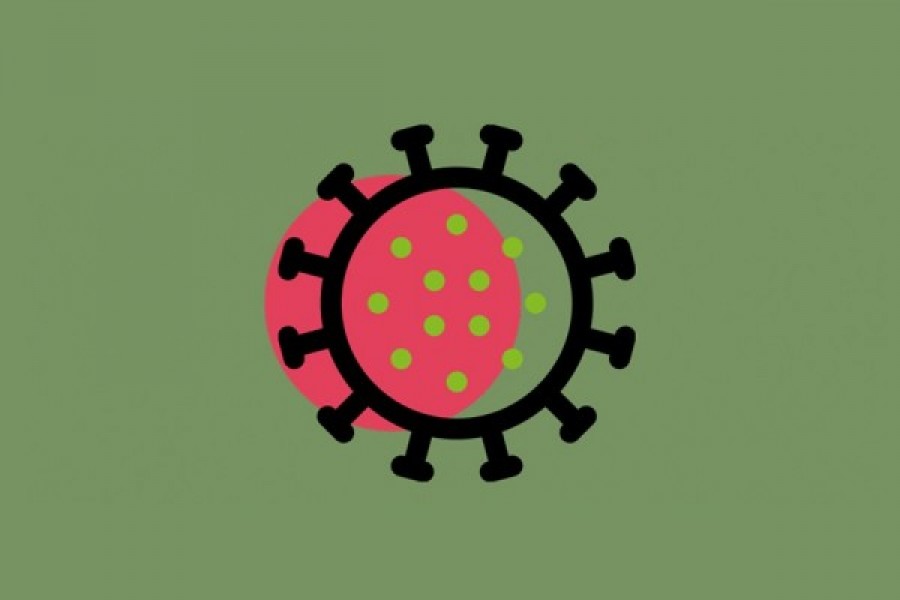Resource constraints in countries like ours led to innovating solution as required and seen in our agriculture through use of fallow land or cultivation in once barren char areas. Some social sector innovations were also witnessed in poverty reduction process in the recent past.
However, it has been critical to come up with new solutions to multiple sector problems exacerbated by mere copying and pasting borrowed models. The lockdown induced by coronavirus outbreak has exposed weakness of cliché talks of innovation without a genuine one. But it has been proven that life has not come to a standstill, thanks to people's enterprising attitude towards finding solution to new situation.
Of course there is a dearth of solution that has been reflected in the failure of the conventional players in serving the people who need emergency healthcare services, and financial supports and opportunities to overcome losses of potentials during the current crisis. Certain bureaucratic mindset to see solution through top-down process has been failing the process of innovation.
In this context, I, however, see opportunities. Innovative mind means relying on oneself and it's opposite to bureaucratic mindset. Innovation that is required today is not possible through exhausting energies; rather we need to show resilience in facing problems and resetting our goals.
We need to be innovative even to rethink our goals. For example, our dependence on private healthcare service has turned into a fiasco, not only in terms of cost but also capacity to deliver services during the Covid-19. This has made us vulnerable. But how important innovation is in health sector is felt when Dr Zafrullah Chowdhury's team have come up with kits to test coronavirus as a low-cost solution.
It's time to search non-conventional or out-of-box solution whereas talks of, say, the 4th industrial revolution are focused on the same old goal of growth. Should society need unlimited growth that harms environment and widen inequality?
Our health infrastructure built in line with growth pattern, could not be of effective use during the pandemic. Service delivery from infrastructure is the need and that is what microcredit proved in the1980s by showing innovation in reaching the unbanked people.
A critical area that needs innovation is establishing social norms for hygiene. This is an area where the engagement of youth is essential. Unfortunately, we have no arrangement of youth mobilisation despite rhetoric of demographic dividend. The young people can help create contents for health and hygiene. But if we follow a bureaucratic process, only a chapter would be inserted into textbooks increasing burden on children.
During this crisis we have completely missed the issue of human capital loss. We focus on economic recovery, but not on how to recover human capital losses. Drop-out rates are likely to jump if and when schools re-open. Online education has made a start but the digital divide stands in the way of making such opportunities available to all. However, I see an opportunity here if weaning our students away from the well-known practice of rote-learning and instead inject a dose of life-based learning. There is a clear scope to become ambitious at the moment to bring a pedagogic revolution. Despite lockdown, children of neighbourhood may be organised to learn from their surroundings. Famous painter SM Sultan once initiated learning of nature by traveling by boat and he even dreamt of a technology museum as a new form of school in discussion with me.
As there is no ideal digital state, we need to depend on a combination of low-tech and hi-tech approach so that children irrespective of their family background can embrace innovative learning. A teacher in a rural school may be engaged to share innovative ideas among students who may not have smartphone or good internet connection.
We also need to stop looking at the West or powerful actors for innovation on behalf of society. Instead, it should cover anything we need, be it redefining growth drivers, value chain, rural services, agriculture and agro-processing. In the knowledge arena, we need to generate new knowledge. We would need innovative minds that are willing and brave enough to question goals of development.
Hossain Zillur Rahman, a former caretaker government adviser, is Executive Chairman of Power and Participation Research Centre (PPRC). [email protected]


